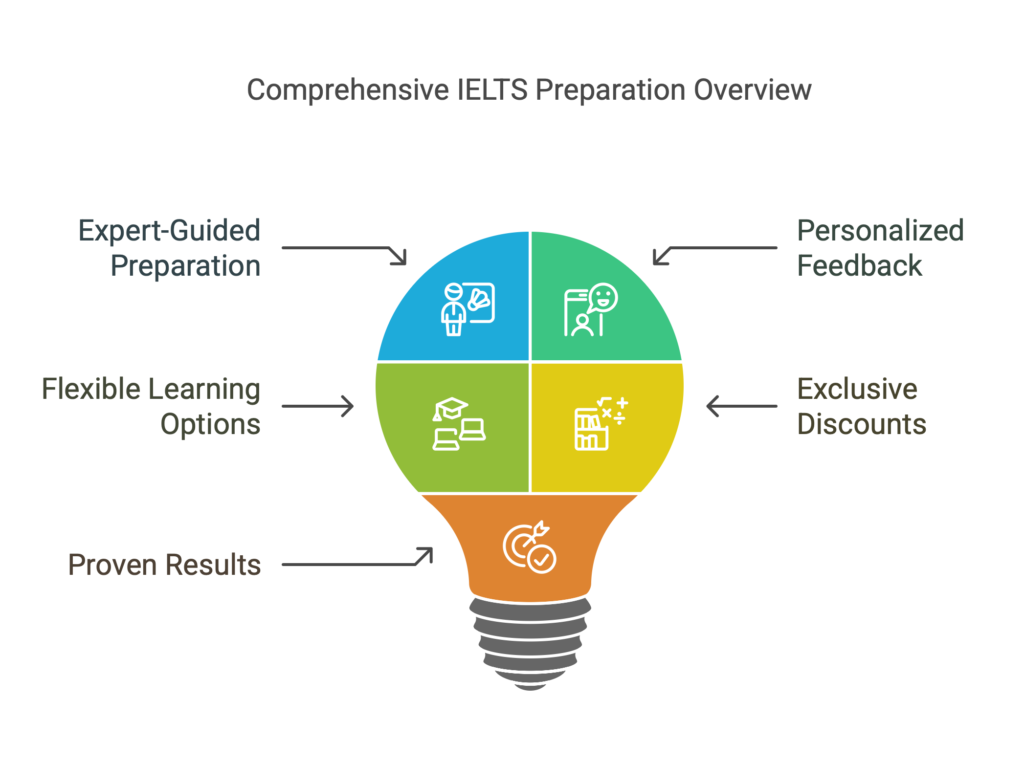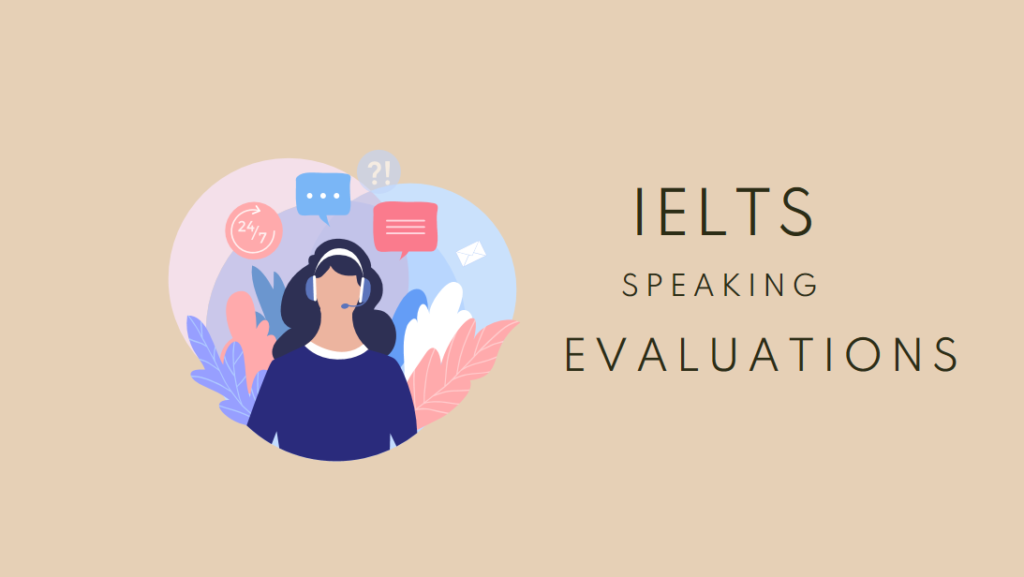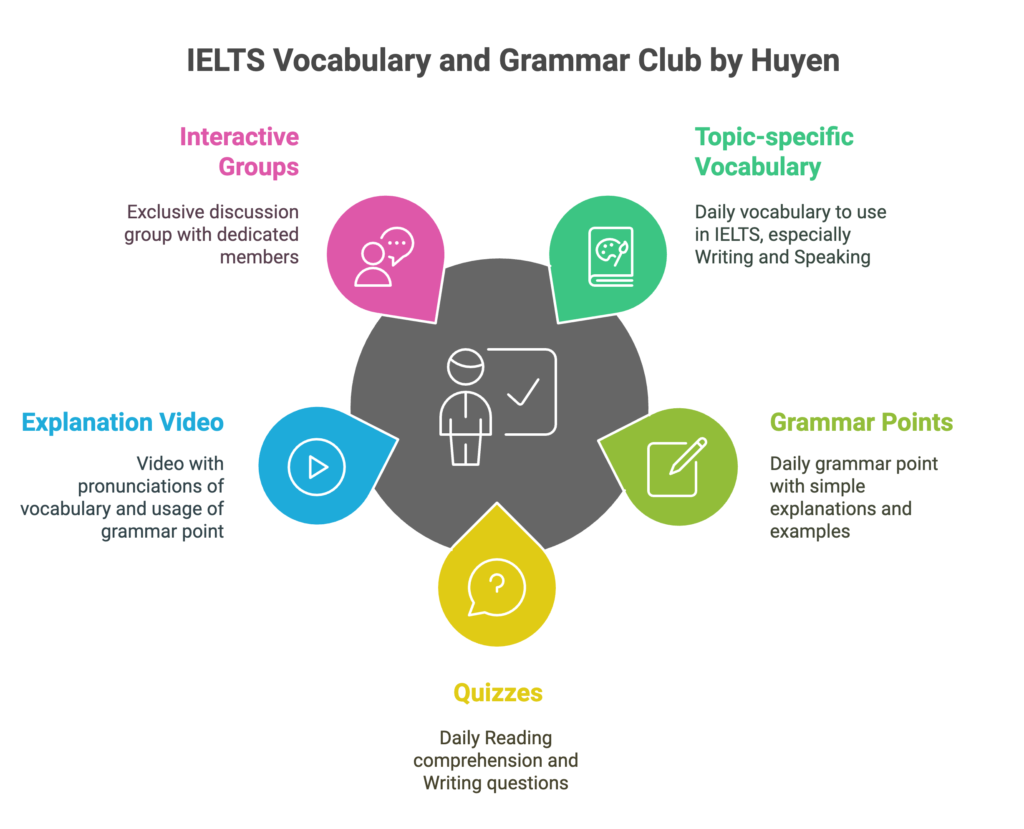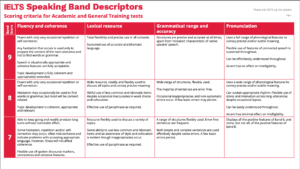Academic English has been used to represent the English that we “should use” in IELTS to get “a high band score”. But have you understood it correctly?
In this article, I will share the key points I collected after consulting with an expert in Academic English who goes by English with Jenna.
What is Academic English?
Academic English is the type of English that we often use in academic settings such as schools, universities, and academic conferences. It is also popular in business settings such as in emails you write at work. It is generally formal English.
However, there are misconceptions about Academic English and IELTS. I’ve been busting IELTS myths (Watch on Instagram | Watch on TikTok) and Jenna has helped me bust some myths about Academic English.
MYTH ONE: Academic English is always a high-level
This is absolutely not true. Academic English, just like other forms of English, consists of different levels. A primary school student is also being taught academic vocabulary at school but the level is not as high as what you are using to converse every day.
So, you can start with low-level academic words and move on to higher levels as you progress. Using academic words is not an absolute indication of a high level. A word is an academic word because it is used more often in academic settings, not because it is high-level.
MYTH TWO: Using Academic English in non-academic settings makes you sound “smarter”
This is also inaccurate. If you are looking to improve your General English, you should know that in conversations, getting your points across is the most important factor. Using academic vocabulary in daily non-academic conversations may make you sound unnatural and it is an indication that you don’t understand it. This is why I am strongly against those “basic-advanced” videos that you often see on social media.
MYTH THREE: Academic Grammar
This is actually not a myth. Officially, we don’t have a category for Academic Grammar. However, there are high-level grammar structures that are more popular when writing and speaking in formal settings. Those structures are frequently used in Academic Writing and Business Writing. Relative clauses, conjunctions, conditionals, passive voice, and punctuation are some of the grammar structures you often see in Academic Writing.
Academic English and IELTS
Based on the definition above, you may have found the connections between Academic English and IELTS. Whether you are taking IELTS Academic or IELTS General Training, understanding Academic English will help you a lot in improving all skills as we need academic and business vocabulary in both formats of the IELTS exam.
Keep in mind that academic words can be at a lower level than some other non-academic words. When using a word, it is very important that you know the context it should be used in, and the grammatical structures going with it.
IELTS situations you should use more Academic vocabulary:
✅ IELTS Academic Writing, both Task 1 and 2.
✅ IELTS General Training Writing, Task 1 – Formal and semi-formal letters, and Task 2.
✅ IELTS Speaking Part 3 – Expressing opinions.
Avoid overusing Academic vocabulary in these IELTS situations:
❌ IELTS General Training Writing, Task 1 – Informal letters
❌ IELTS Speaking Part 1 and 2 (You can use Academic vocabulary but not overuse it to avoid sounding unnatural.)
Protip: Ways to tell if a word is an academic word
- If you hear the word a lot in common, daily settings, it is more unlikely to be academic.
- Check with a reliable dictionary. Pay attention to the examples. If the examples are more about academics, the word is more likely to be academic.
- Check and keep an Academic Wordlist. You can get one for free here: Free Academic Wordlist
As you progress in your IELTS Preparation, it is normal that you will want to utilize (instead of “use”) more Academic English, especially academic vocabulary. But be careful with what you use because it may affect your score if you don’t fully understand it.
















Responses